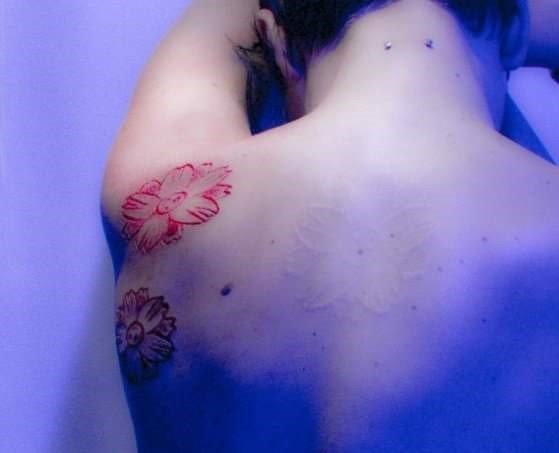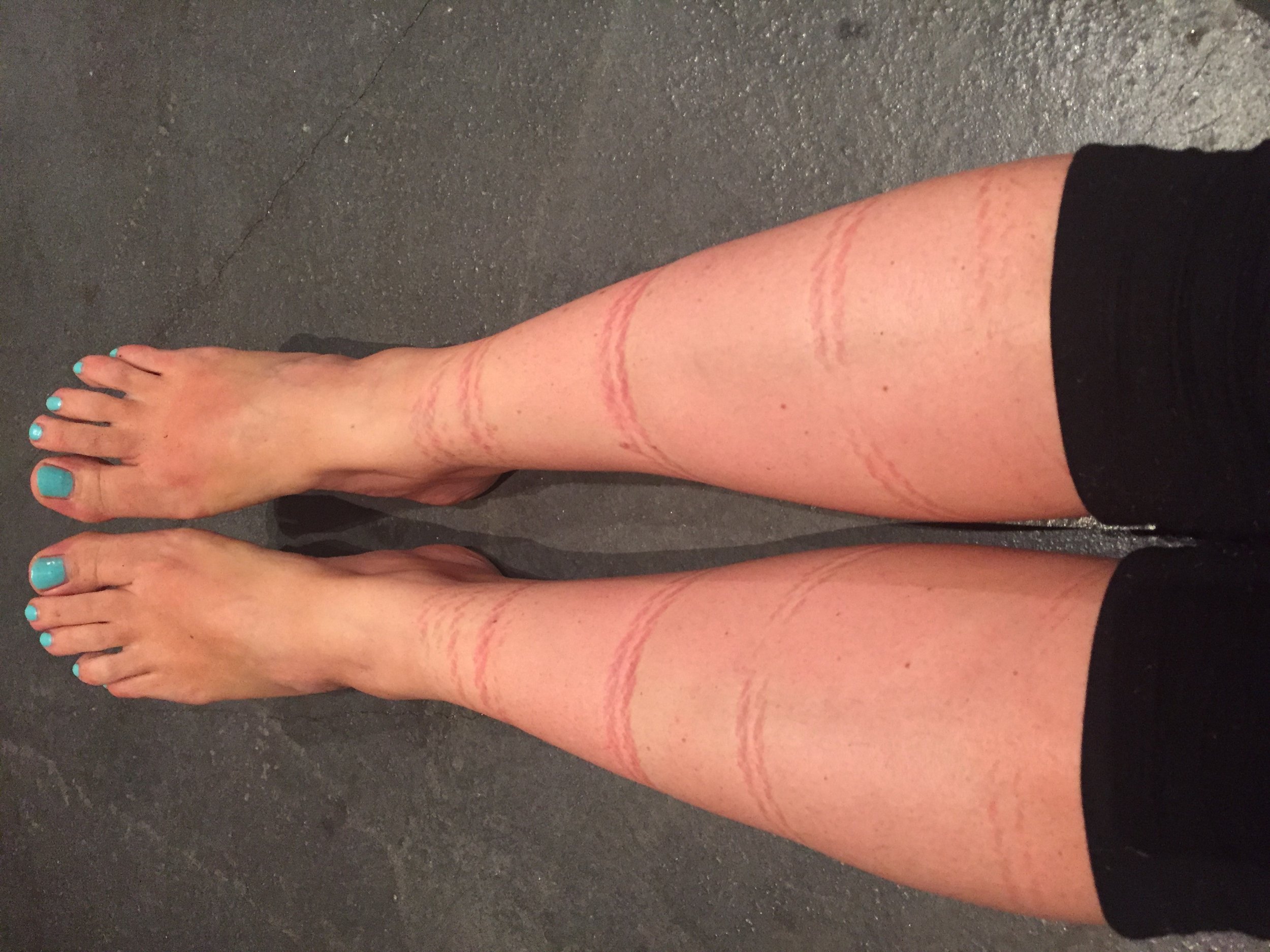The New 20s: Challenges, Uncertainties and Resistances
The 8th Congress of the Portuguese Anthropological Association (APA) will take place in Évora in September 2022, at a time that we hope will be different from the one we live in today.
The pandemic, which reconfigured our lives and social practices, accentuated doubts and uncertainties, brought fears and apprehensions, and reinforced the need to understand what is happening in the world. We questioned the sustainability of the planet, the balance in the relationship between humans and non-humans (or lack thereof); we confirmed the precariousness of life, the collapse of health systems; we discussed the control of States over our routines, our bodies, and this made us discover new dimensions in our lives.
Now we want to turn a new page
The new 20s are just that: to think that, in the ashes of a decade that has ended, there is a new one at the door – timid, to be sure – but full of challenges.
What expectations do we build for the future? What do we fear, as anthropologists, in public policies, in the scarcities and needs of the communities, in acquired rights? What paths do we take in the reconfiguration of concepts such as normality, routine, private and public space? Which resistances and uncertainties will emerge in the coming years?
In this 8th Congress, we await signs and working hypotheses. We can always continue to observe, listen, record and (re)act. What else can we do as anthropologists engaged with the world and the society(ies) in which we live and work?
Panels
“Rethinking the body as ‘under construction’ in and beyond post-pandemic emergency”. Coordinators: Federica Manfredi and Isabel Pires. Discussant: Chiara Pussetti.
Short abstract:
Covid19 influenced body practices accelerating the virtualization of our bodies: how practices of body care and self-enhancement are adapting to the lowing-down of social restrictions? What are post-pandemic times revealing about the way we think, enhance and take care of ourselves through embodied practices?
Papers
“Beauty as an emergency ritual. Aesthetic responses to the pandemic” (panel P015-Rethinking the body as “under construction” in and beyond a post-pandemic emergency), proposed by Chiara Pussetti.
Short abstract:
From an ethnographic perspective, this paper explores how the pandemic is impacting our daily aesthetic “appearance improving” practices, delivering massive changes to our beauty and self-care routines.
"Do I work for the smartphone or the smartphone works for me? An anthropological reflection on ethnographer’s availability during digital and presencial fieldwork” (panel P049-Ethnographies at the touch of the screen), proposed by Federica Manfredi.
Short abstract:
Smartphones and internet-based communications are powerful ethnographical tools requiring urgent reflections f rom anthropologist: the paper proposes to discuss pros and cons of the digital connections focusing on asynchrony, polytextuality and resting needs.
“Sentirse bien en la piel. Historias de ansiedad y deseo de una piel perfecta de mujeres chinas emigrantes en Lisboa” (P032-“Bellezas no-hegemónicas: una mirada crítica e interseccional de la belleza en contextos (trans)nacionales”), proposed by Isabel Pires.
Short abstract:
Mediante la presentación de datos preliminares del trabajo de campo, intento comprender el valor atribuido a una piel “buena” y “bonita” por parte de las mujeres chinas migrantes en Lisboa, cómo lo consiguen y cómo las experiencias y prácticas cotidianas, como el cuidado y el tratamiento, se relacionan con las normas sociales y las subjetividades de género y racializadas. Historias de ansiedad y deseo de una piel perfecta de mujeres chinas emigrantes en Lisboa.














